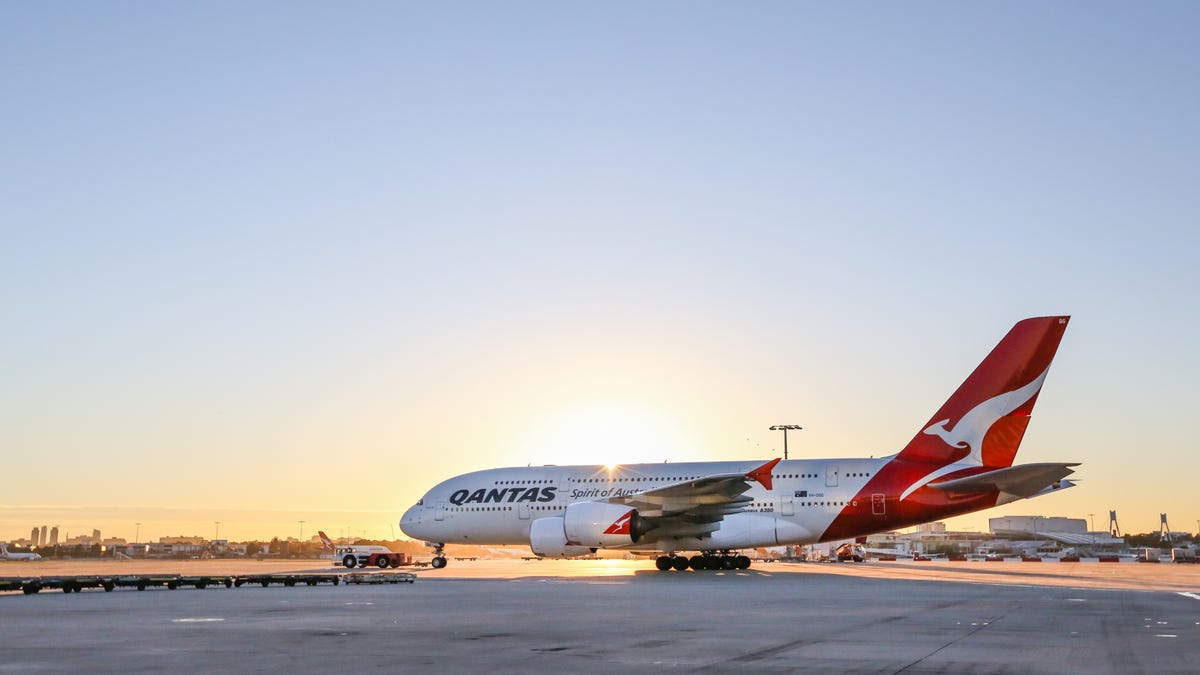Facial recognition trial takes off at Sydney Airport
Sydney airport are teaming up with Qantas in a trial that uses your face to check-in and board flights

Sydney airport announced Thursday that it will begin trialing facial recognition technology, in conjunction with Qantas, in an effort to get passengers from the couch to the gate much faster.
"Your face will be your passport and your boarding pass at every step of the process," Geoff Culbert, Sydney airport CEO, explained in a statement, suggesting that in the future you'll no longer need to bumble about in your coat pockets or bags searching for a passport because it will be right there -- on your face.
The new technology is set to speed up check-in, bag drop, access to the lounge and boarding the plane. Australia's current system, SmartGate, is already using face scanning technology to electronically analyze passports of those traveling into and out of the country and Canberra airport are currently trialing facial recognition software for international travelers.
Vanessa Hudson, Qantas chief customer officer, spoke to the need for airlines to be offering "faster and more convenient airport experiences", stating that Qantas is "excited to see what results the trial produces."
Lounge staff will also have access to the trial, enabling them to "create a more personalized experience when passengers arrive," Hudson said.
The "landmark trial" will, initially, only be offered on select international flights operated by Qantas.
While we might not be ready for biometric processing in Australia, we continue moving toward an era where convenience trumps security. If the trials are a success, it begins to pave the way for automated biometrics to become further ingrained in our daily lives -- from unlocking our smartphones to the way we get around cities or access our bank accounts.
On Thursday, London Metropolitan Police stated it wouldn't be giving up on its facial recognition technology, even though the technology had been shown to return false matches 98 percent of the time.
With those kind of false positives, the death of the passport may have been greatly exaggerated.
Security: Stay up-to-date on the latest in breaches, hacks, fixes and all those cybersecurity issues that keep you up at night.
Tech Enabled: CNET chronicles tech's role in providing new kinds of accessibility.

